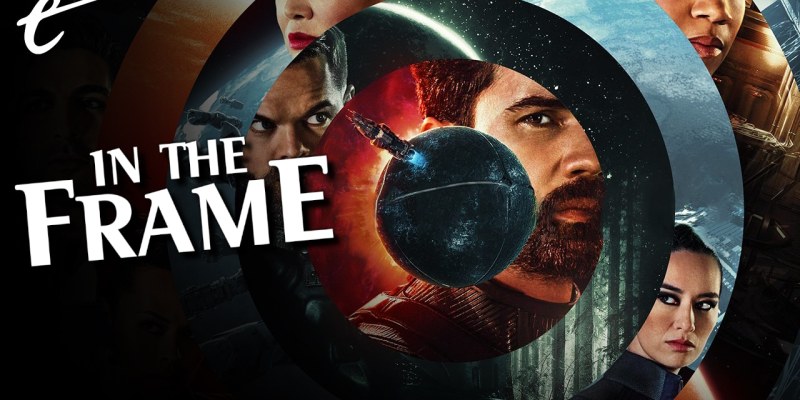This article contains light spoilers for the final season of The Expanse.
In its final season, The Expanse feels a bit less… well, expansive.
The Expanse is a sprawling and epic science fiction show, to the point that the most apt comparison is probably Game of Thrones. It features a large and diverse cast that is often scattered across the solar system. In the first season, the plot was driven by three factions: Earth, Mars, and the (Asteroid) Belt. At the end of the third season, the show’s canvas exploded as a strange alien device opened gate-ling rings to hundreds of other solar systems and so broadened the show’s scope even further.
While the show has a core ensemble, it has steadily grown across the run of the series. While the narrative is a bit better at cleaning up after itself than Game of Thrones, each of the seasons has brought an escalation in scope. The primary cast are often split across multiple plot threads to add to the scale of the narrative. Historically, this has meant that The Expanse is great at conveying a sense of majesty and enormity to events unfolding.
Often, events will ripple across multiple layers of the series simultaneously. In the fifth season, for example, Amos Burton (Wes Chatham) finds himself wandering across Earth in the wake of a devastating terrorist attack. This provides a sense of what the crisis feels like on the ground, while Chrisjen Avasarala (Shohreh Aghdashloo) manages the fallout from the attack at a governmental level. It helps to create a clear line of cause and effect, underscoring action and reaction.
It also allows the show to create an epic sweep as seemingly disconnected plot threads become intertwined to reveal a larger plot at work. Again, in the fifth season, there are parallel plot threads unfolding on Mars as Alex Kamal (Cas Anvar) returns home to reconnect with his military roots while Bobbie Draper (Frankie Adams) discovers the tentacles of a planet-wide black market that stretch into the highest ranks of the military and even to other power players in the solar system.
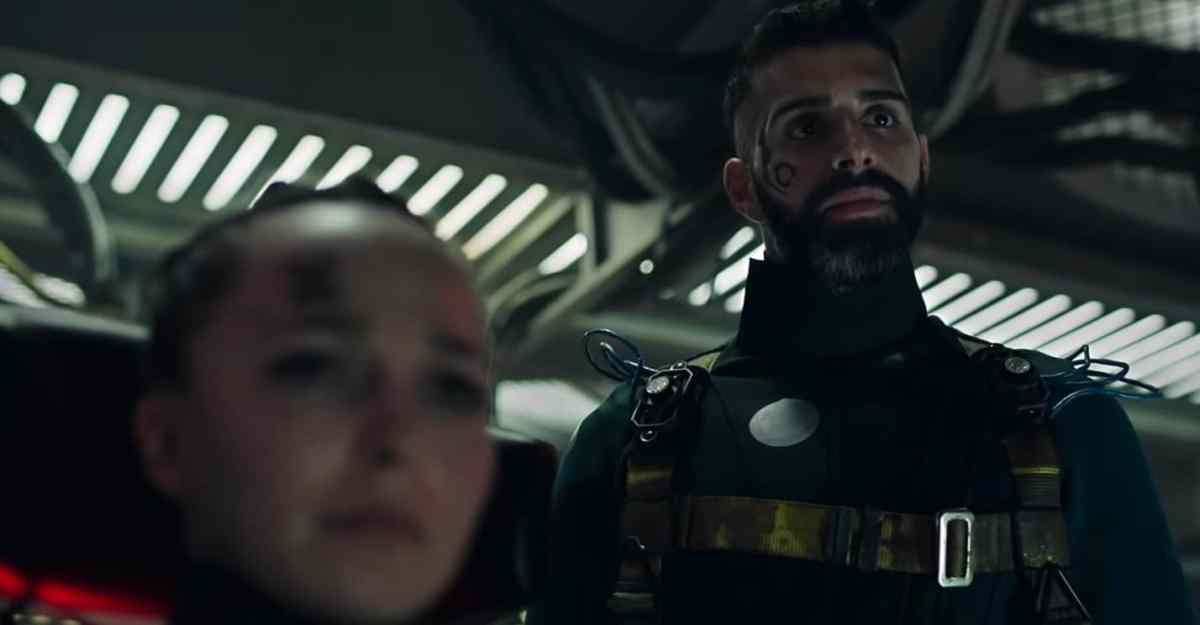
With that in mind, it is slightly disappointing how small the final season of The Expanse truly feels. Most of the show’s primary cast is clustered together. The core ensemble are back on the Rocinante together, along with returning character Clarissa Mao (Nadine Nicole). The plot of the season is built around the war being waged by Earth and Mars against the “Free Navy” of the Belt, led by the terrorist Marco Inaros (Keon Alexander).
At the start of the season, cast members are already tightly clustered. Draper is working as an assistant to Avasarala, who is moving from meeting to meeting — trying to manage both the war effort and public relations simultaneously. Marco is leading the Free Navy. The Rocinante is doing what it can to help stop the threat. Camina Drummer (Cara Gee) is commanding her own ship and trying to navigate her allegiance to the Belt with her hatred of Marcos.
From the outset, every major character is dealing with the same central driving plot. It spoils little to reveal that, as the season progresses, these groups only grow closer together. As the show has gone on, its cast has become increasingly intertwined. Burton knows Avasarala well enough to call her “Chris.” Marcos shares a son, Filip (Jasai Chase-Owens), with Rocinante crewmember Naomi Nagata (Dominique Tipper). The universe seems like the same people meeting over and over.
To be fair, each of the six episodes features an introductory sequence on the distant world of “Laconia,” the designation given to the second planet through Ring #673. These sequences (adapted from the novella Strange Dogs) hint at a bigger picture that stretches beyond this final season. After all, there are still three more books to adapt after Babylon’s Ashes, the installment that provides the basis for this final season. Showrunner Naren Shankar has suggested that there is “more to tell.”
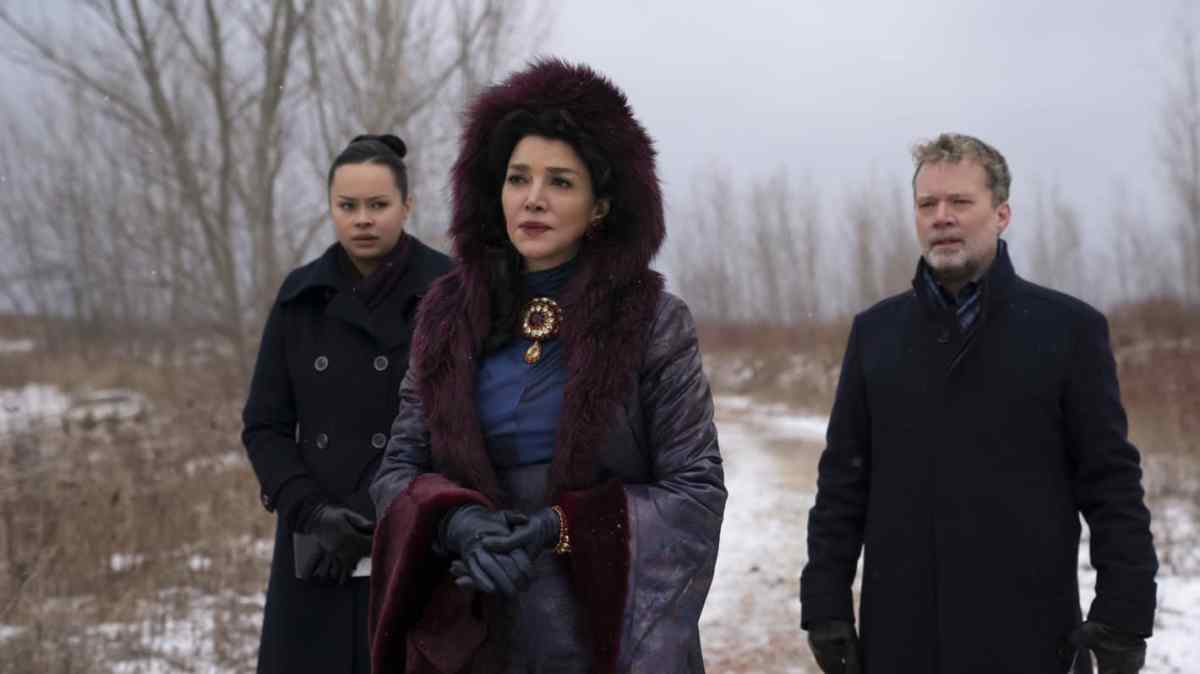
Still, within the context of the season as a whole, these sequences are disconnected. They don’t offer hints of a broader scope, but instead a tease of something that might develop into an issue at some point down the line. The sixth season of The Expanse is much more stripped down and utilitarian than it had been in earlier seasons, with comparatively little space to properly digest what is happening or to convey a sense of what it means within a larger context.
This is most obvious in how the show treats returning characters outside of the core ensemble. The season features minute appearances from characters who had been major players in earlier periods of the show’s run, such as Pastor Anna Volovodov (Elizabeth Mitchell) from the third season and Praxideke “Prax” Meng (Terry Chen) from the second and third seasons. Both characters are doing interesting things that expand the scope of the action but are only briefly on screen.
This is probably unavoidable. The final season of The Expanse is the shortest season of the show. The first, fourth, and fifth seasons each ran 10 episodes. The second and third seasons ran to 13. The compressed season was not a creative choice, but a business decision. “It’s always a negotiation to some extent,” admits Shankar. “Could we have done 10? Absolutely. Could we have done eight? Certainly. Uh, I don’t think we would’ve been able to tell the season in any less than six.”
These six episodes are paced appreciably faster than the show’s traditional rate of adaptation. The first book in the series, Leviathan Wakes, is 592 pages and provided the backbone for the first 13 episodes. The second book in the series, Caliban’s War, is 595 pages and covered the next 14 episodes. The fourth and fifth books, Cibola Burn and Nemesis Games, clock in at 583 and 544 pages respectively and corresponded to the 10-episode-long fourth and fifth seasons.
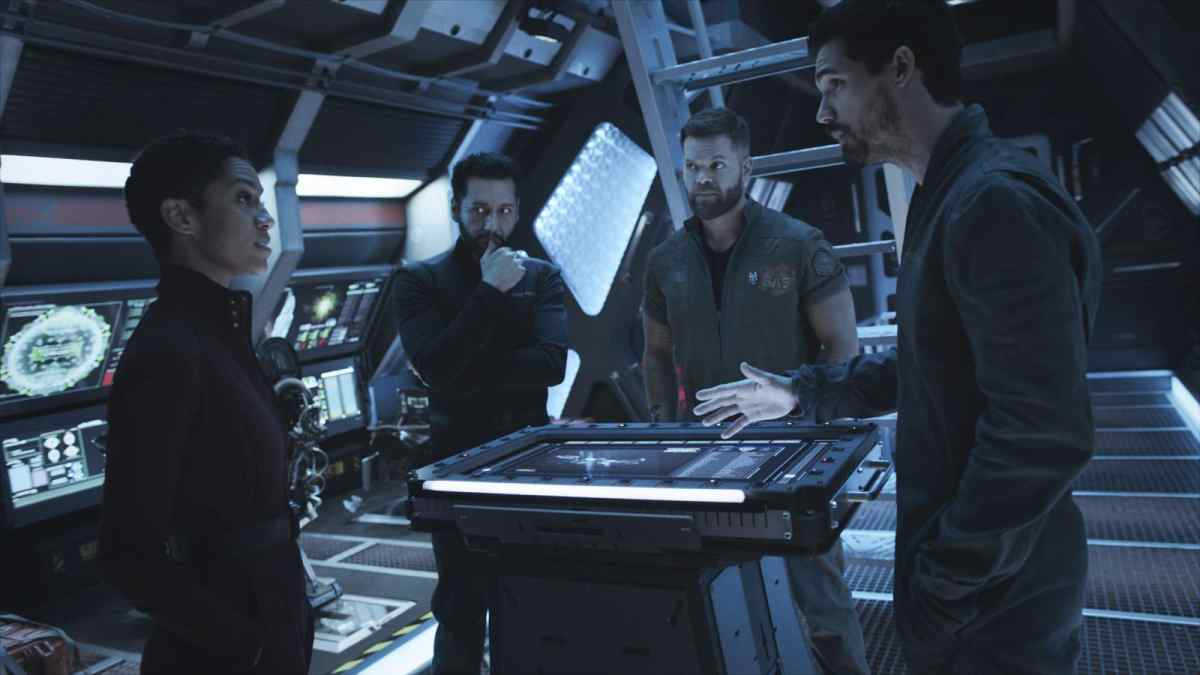
The only time that The Expanse has ever felt this compressed in its adaptation was towards the tail end of the third season, when the production team managed to fit the 539 pages of Abaddon’s Game into seven episodes. Even then, it only really worked because those episodes felt more like a transition point between two very different iterations of the show than an epic in their own right. So adapting the longest of the novels (Babylon’s Ashes has 608 pages.) into six episodes is asking a lot.
It’s hard to fault the production team for factors that exist outside of their control. However, even Shankar acknowledges that the shortened episode count affects plotting. “The compression is there, you never feel like you’re letting your foot off the gas pedal, so by the time you get to the end, it’s cathartic,” he argues. There is something to be said for a show that is willing to push its pieces inwards in the final stretch, to narrow its focus and tighten its ambitions.
That said, this story doesn’t benefit from the tightened focus. Other than Game of Thrones, the most obvious point of comparison for The Expanse is something like Battlestar Galactica (2004). Like Battlestar Galactica before it, The Expanse speaks very much to the concerns and anxieties of this particular moment, using science fiction as a mirror to reflect the real world. However, in this final stretch, the comparison feels much more direct and much less flattering.
Battlestar Galactica was notably “one of the few American dramas (to deal) with terrorism and the war on terror head on,” wrestling with thorny metaphors for the War on Terror and American interventions in countries like Iraq and Afghanistan. In its final season, The Expanse seems to offer its own rather direct metaphors for these conflicts, with Marco Inaros waging his own campaign of terrorism and asymmetrical warfare against the major powers.
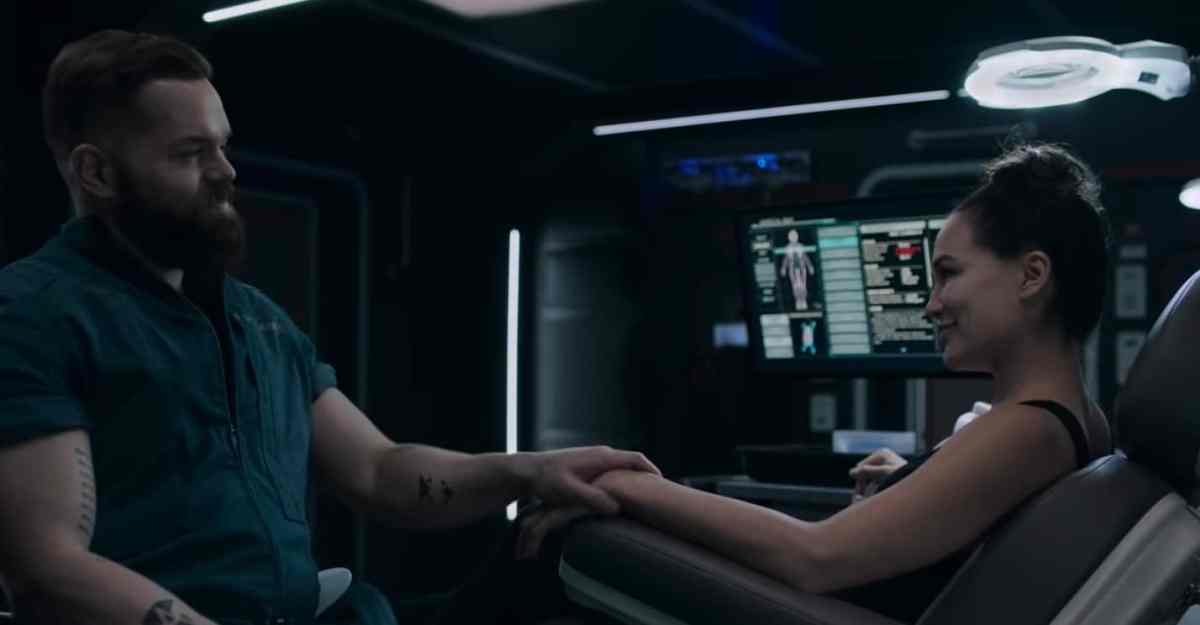
The Expanse doesn’t bury the metaphor. When Earth seizes control of a spaceport that Inaros calls “the capital city of our Belter Nation,” they find themselves embroiled in a battle for the hearts and minds of a local population that may not want them there. At one point, locals are screened before they can move into the “Green Zone.” There’s a lot of potentially juicy material to work with here, even if it feels slightly out of date following the American withdrawal from Afghanistan.
The season’s compressed running time renders these subplots little more than bullet points. The fourth season could devote an entire 10-episode-long thread to the frontier tensions between rival settlers on the distant planet Ilus, but the sixth season must reduce this debate about occupation and imperialism down to a few scenes of exposition. At six episodes, the entire season runs about as long as the “Occupation” arc on Star Trek: Deep Space Nine in 1997.
In its earlier seasons, The Expanse thrived by capturing the vastness of space. The solar system seemed an impossibly large place, with characters making decisions that rippled in unpredictable and unforeseeable ways across the vastness of the void. Characters were often pursuing different leads on the same impossibly large force at work in the dark, making everything seem so much bigger than it might otherwise be.
In contrast, the sixth and final season of The Expanse feels frustratingly small.
